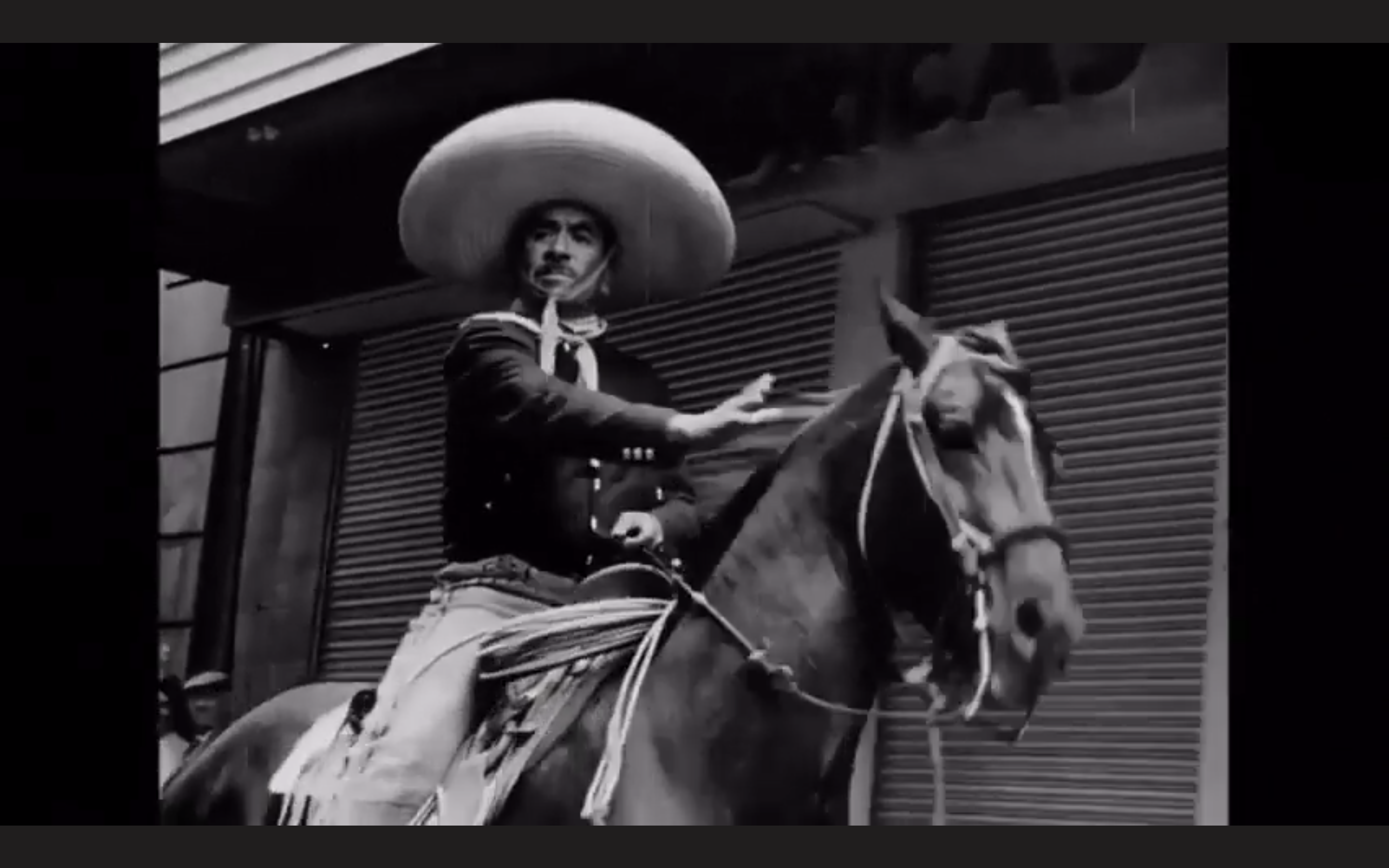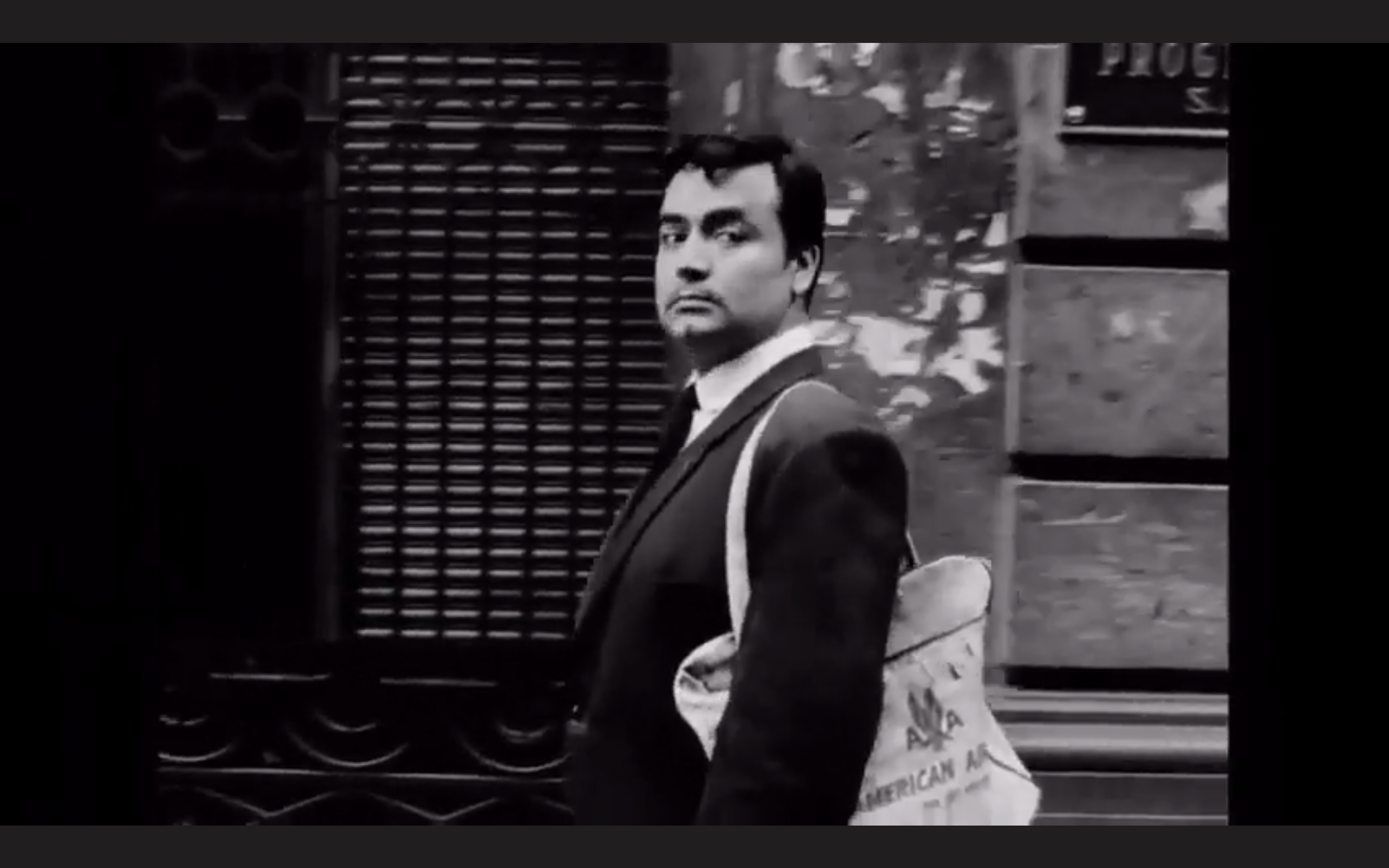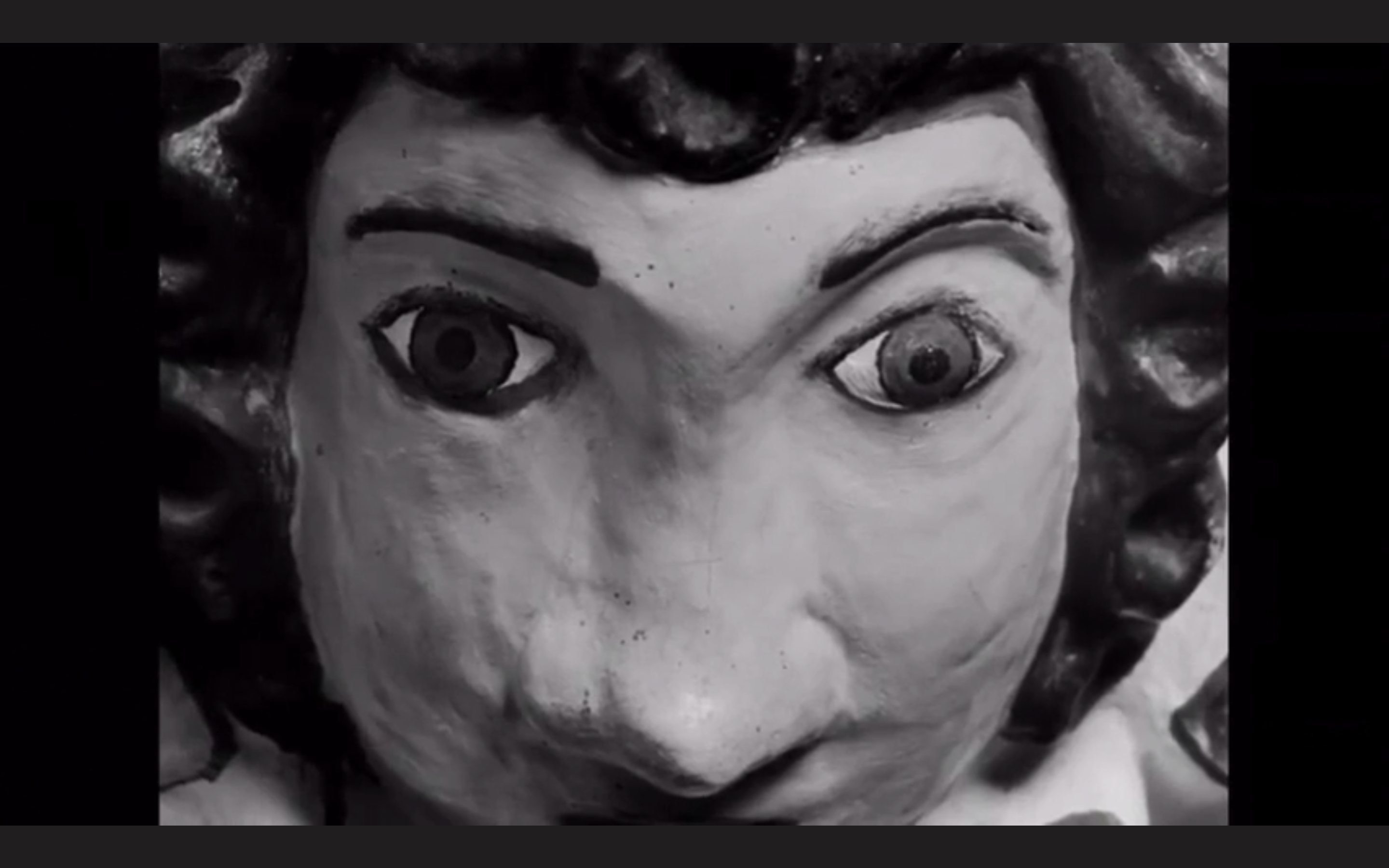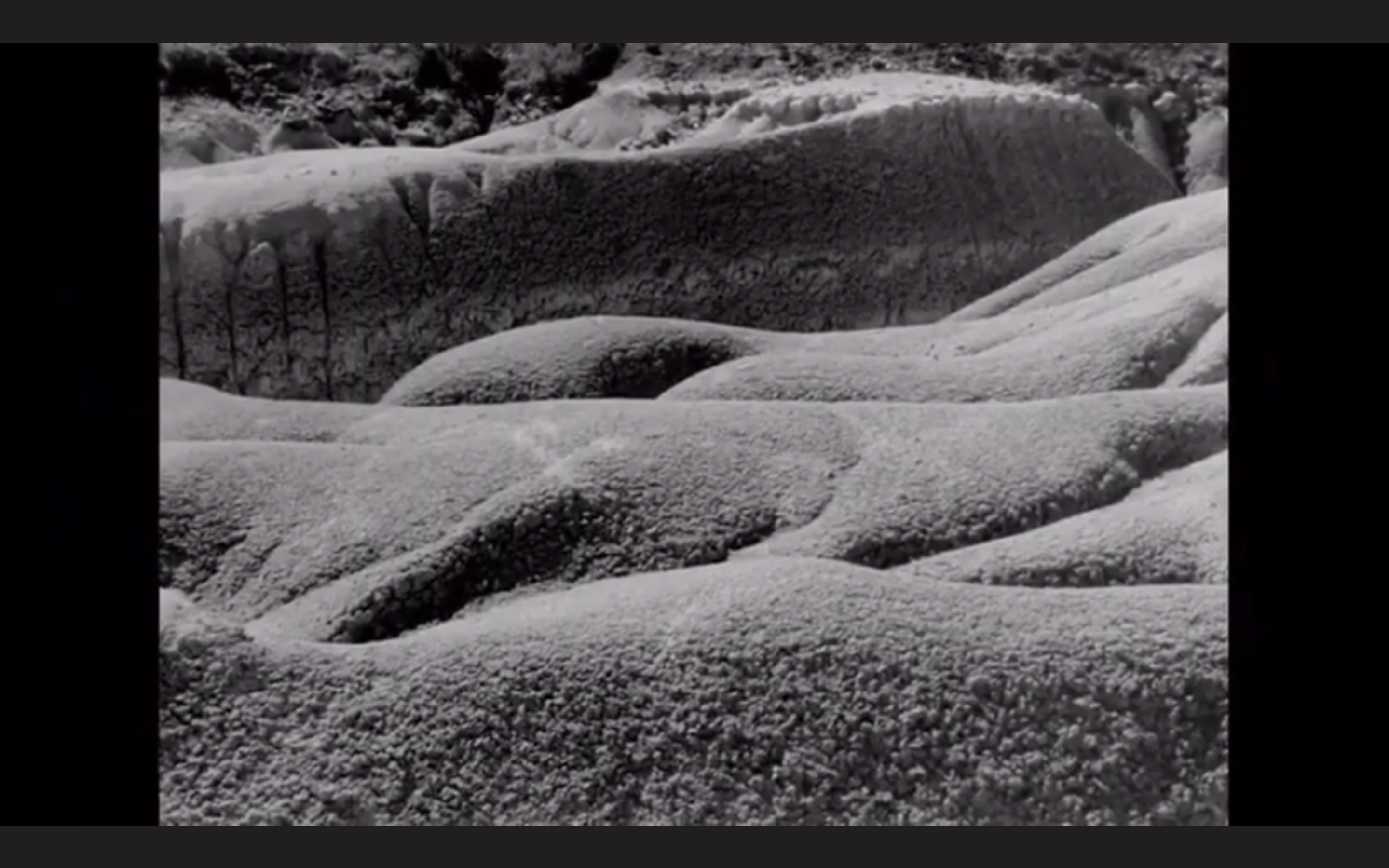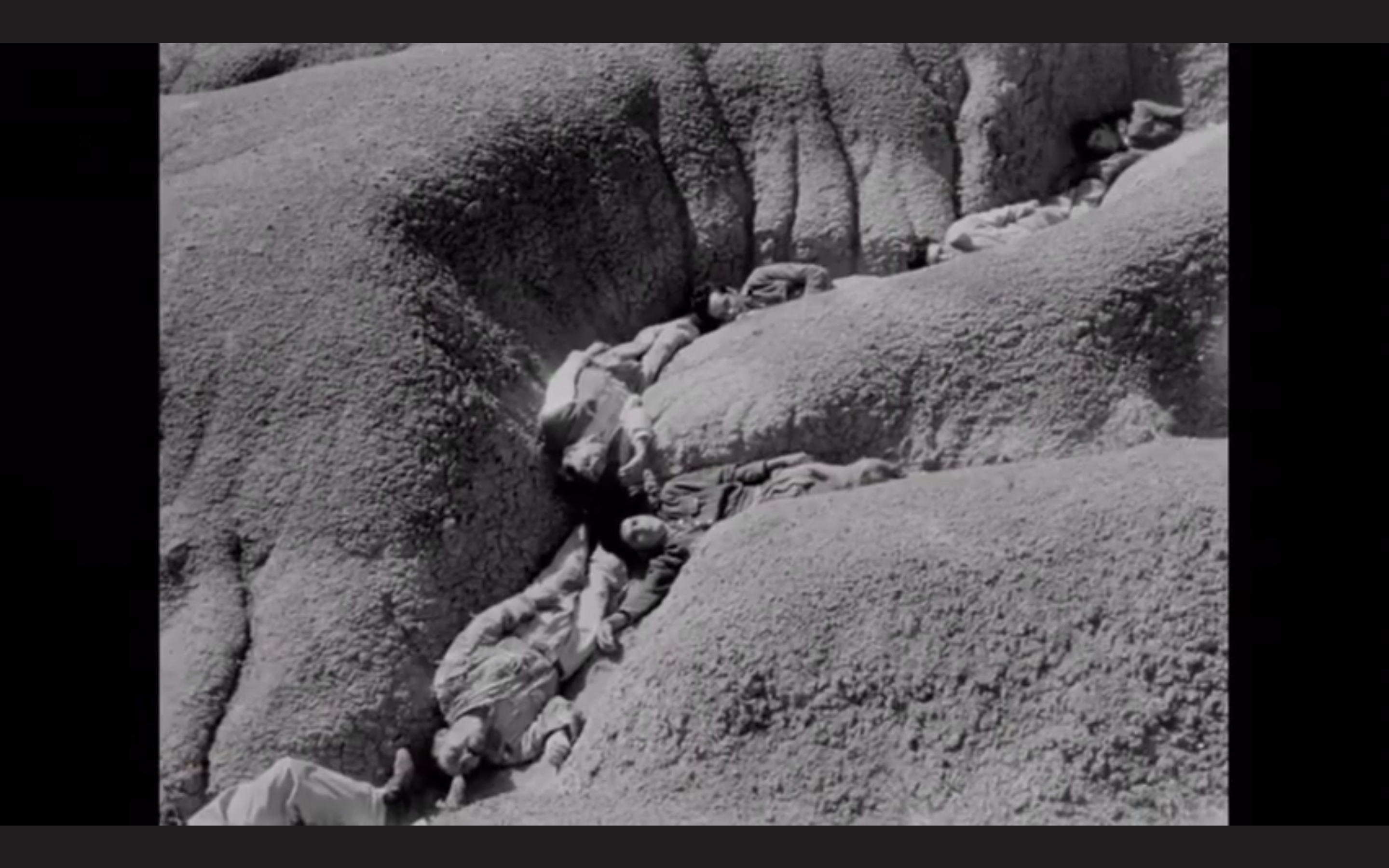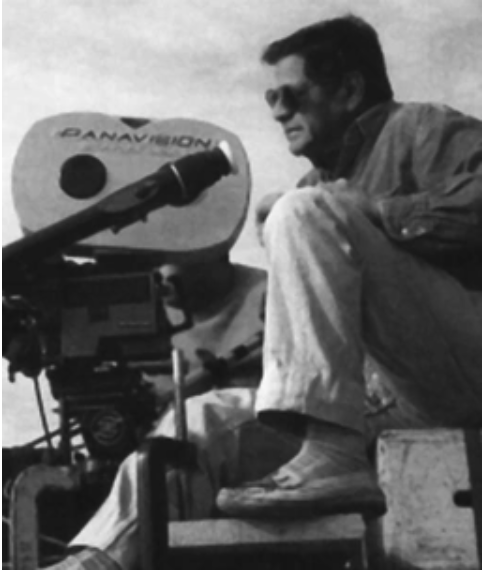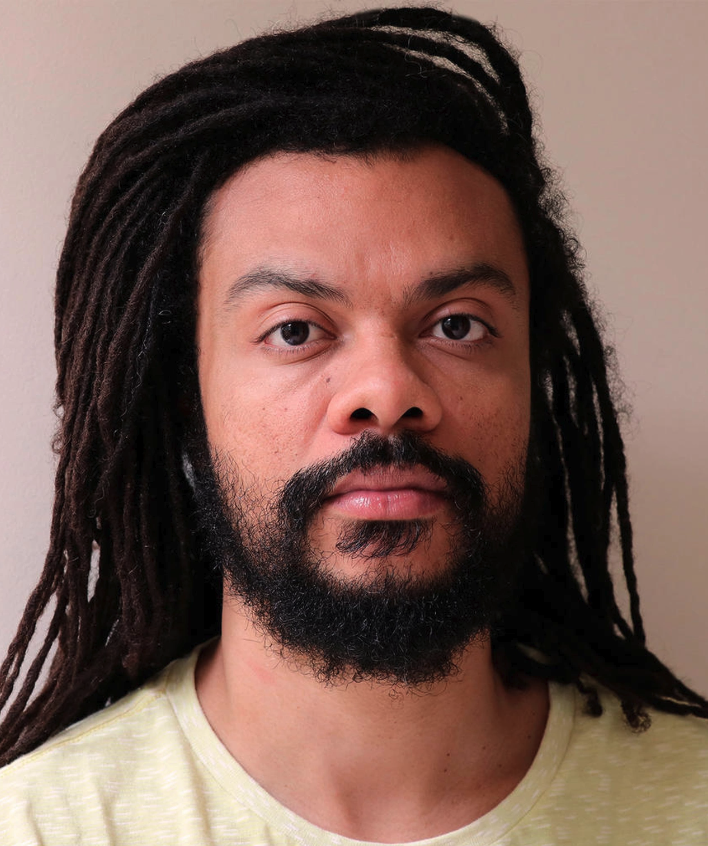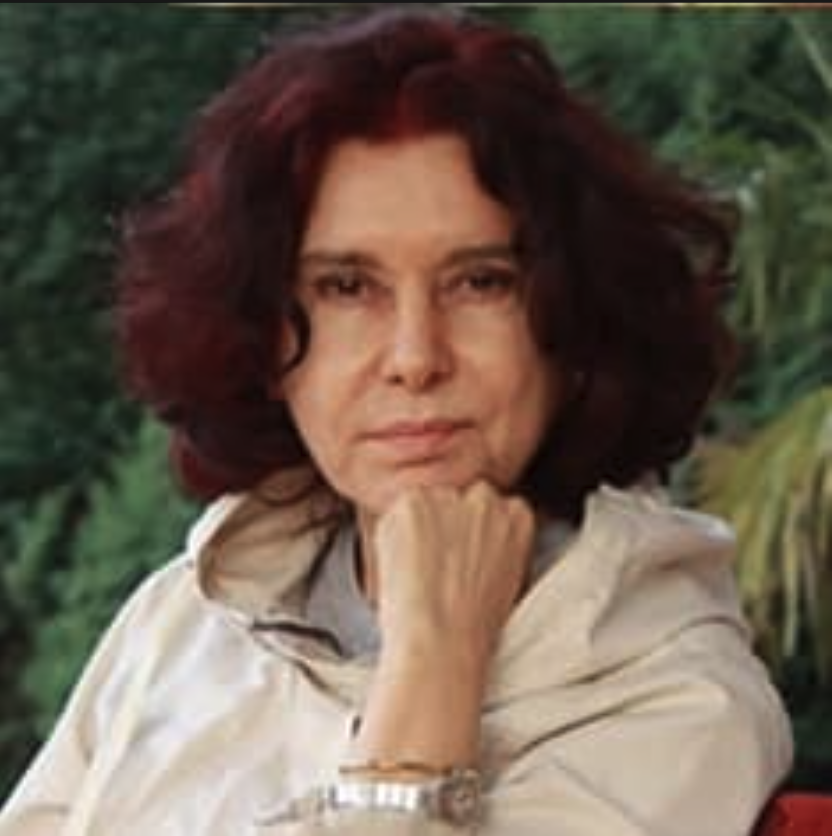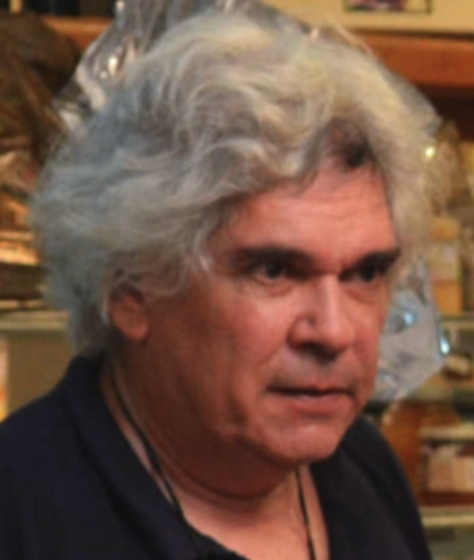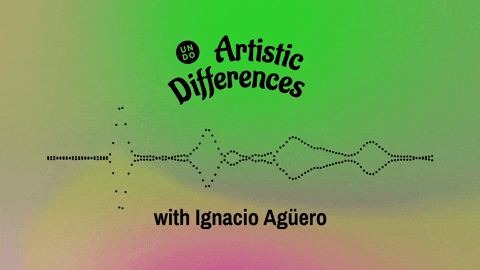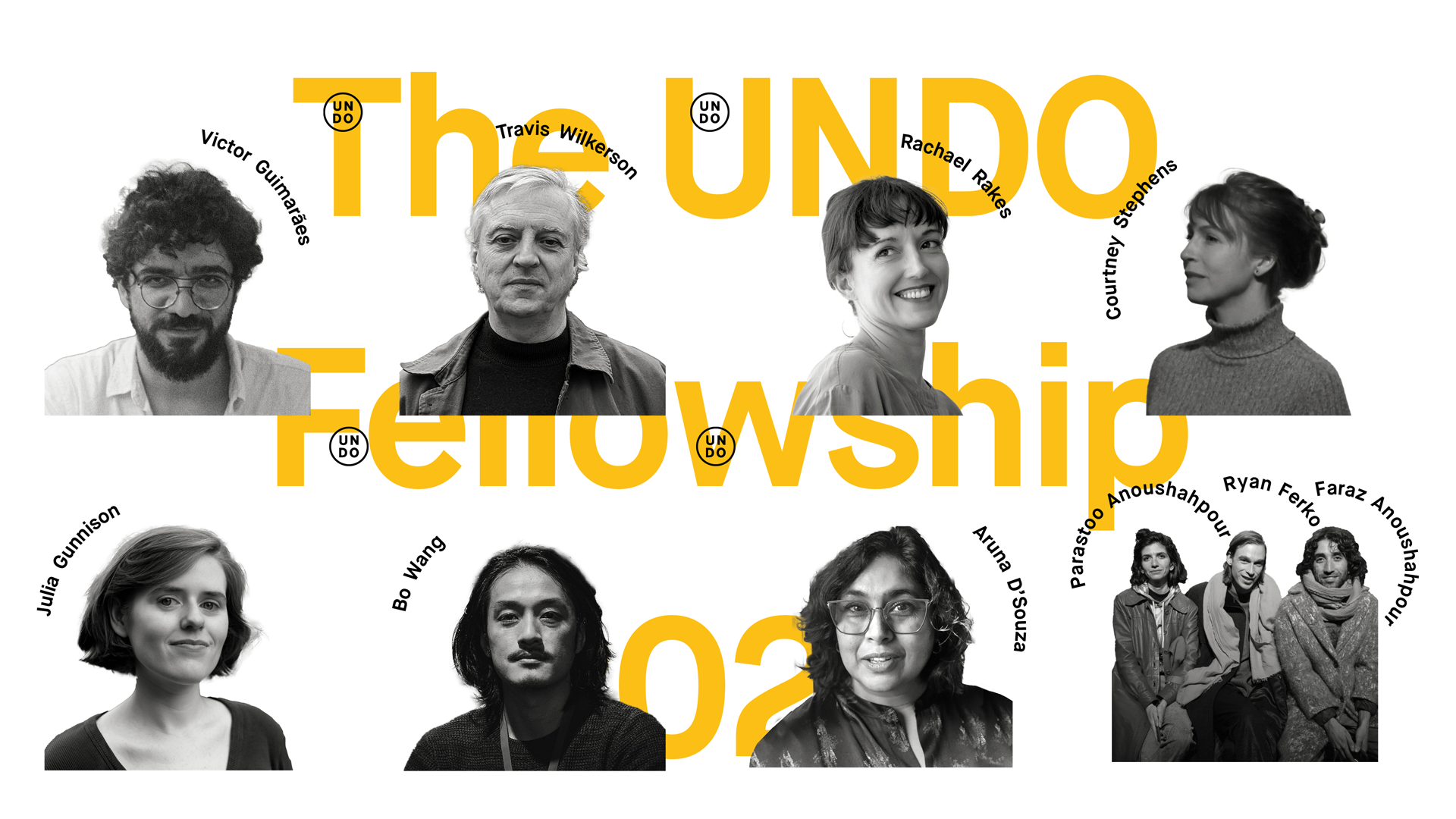Feb 17, 2023 at 11:00 am
Artistic Differences: GHOSTS OF A DAMNED EARTH
This program is part of Artistic Differences and co-presented with Berlin Critics Week (Woche der Kritik)
Note: this event takes place at Berlin Critics’ Week (Woche Der Kritik) in Berlin, (map)
ARTISTIC DIFFERENCES is back with a new slate of partners for 2023!
Co-curator Cíntia Gil and UnionDocs, are delighted to come together with Berlin Critics’ Week this February to present a dynamic and urgent program organized in partnership with the FICG Cinematheque, and in collaboration with curator/critic Victor Guimarães.
This program brings together four films both contemporary and from the archive with singular, even surrealist dialogues with history, bringing critical visions that complicate and confront norms and discourses on body and power, labor and identity. From Brazil to Mexico, from the 60’s to today, we see a multilayered history unfold, revealing links between the legacy of slavery and capitalist domination, between authoritarian politics and strategies for resistance, between filmic experimentations and the construction of collective identity.
This programme is a journey through the deft interpretation of Mário Chamie in LAVRA DOR by Paulo Rufino, Aloysio Raulino’s 1977 poetic evocation of Frantz Fanon in O TIGRE E A GAZELA, Rodrigo Ribeirio-Andrade’s sensory-political journey THE WHITE DEATH OF THE BLACK WIZARD (2020), arriving to Ruben Gámez’ 1965 irreverent essay LA FORMULA SECRETA, where surrealist logic and the poetry of Juan Rulfo ground a debate on Mexican national character and its pains and contradictions.
A screening and conversation around the program is staged with Woche Der Kritik, Februrary 17th at 5PM in Berlin.
We’ll host a screening and in-depth online Study Group that will explore a range of urgent questions with our growing international community in an exciting and social format with ideas instigated by Victor Guimarães. We invite you to join us for a social and fun way of engaging around challenging and adventurous documentary. Sign Up today!
La Formula Secreta by Rubén Gámez
42 minutes | 1965
An essay where a poem by Juan Rulfo, in Jaime Sabines’ voice, sets the tone and the depth. , Full of surreal moments of beauty and provocation, scenarios debating the Mexican national character and its historical contradictions and painful construction.
Also entitled Coca-Cola en la sangre (Coca-Cola in the blood), the film accumulates a series of metaphors that confront the construction of identity to the power of the neighboring country and the capitalistic colonial force acting upon a society looking for its own destiny. Filming its country against the grain, as a counter-shot of the representations of the country by its contemporaries, this film’s baroque and irreverent style resonates with our time in multiple ways.
The White Death of the Black Wizard (A Morte Branca Do Feiticeiro Negro) by Rodrigo Ribeiro-Andrade
11 minutes | 2020
Through a suicide note written by enslaved Afro-Brazilian, Timóteo, memories of Brazil’s history of slavery are revealed, that overflow into imagery showing ethereal landscapes, accompanied by a soundtrack of harrowing noise. Punctuated by reinvented and manipulated ghostly archival imagery and an undulating, wailing score, this poetic essay film is an intimate and sensorial journey reflecting on the silencing and invisibility of Black people across the diaspora. Images, sounds, and memories reverberate across generations, exploring the intangible psychosocial effects of slavery, its material and architectural impact, and the extreme measures that were taken to resist it. With Brazil holding the record for the importation of the most enslaved Africans during the Trans-Atlantic slave trade, this film is a pensive meditation on the frequently underrecognised violent legacies that still haunt Brazil and the world today.
Lavra Dor by Ana Carolina and Paulo Rufino
10 minutes | 1968
A debate about the agrarian reform in Brazil, in free and poetic form, showing the countrymen’s struggles and hardships, and rural unionism issues after the military coup, kind of a nonlinear interpretation of Mário Chamie’s poem “Lavra-Lavra”.
O Tigre e a Gazela by Aloysio Raulino
14 minutes | 1977
The images of poverty and of dignity of those who appear in this film are juxtaposed with texts from Frantz Fanon, an important black writer and political activist from Martinique, who participated in the liberation of Algeria and died at 36 years of age.
STUDY GROUP – Online – Feb 11
We’re thrilled to come together for a Study Group Session structured around these incredible films! Like a kind of grassroots book club, but for documentary art, it’s all about sparking discussion and deeper investigation, through reading, listening and responding in small, self-organized groups that together form a larger collective experience.
You will get access to the film program through our Membership Hub a few days in advance. Sign up now and stay tuned in your inbox for further instructions!
PUBLIC DIALOGUE – Feb 17 at Berlin Critics Week (tickets)
If you’re interested in hearing from the filmmakers & artists themselves as well as the ideas generated in collaboration with our Study Group be sure to catch our regular public dialogues for each film program on the UNDO Member’s Hub. These conversations sample from the festival dialogues, the study group and an in-depth interview hosted by Artistic Differences with the featured artists. Sign Up to receive a note when it’s released.
Rubén Gámez studied photography at the Trade Technical College in Los Angeles and the University of Southern California. He returned to Mexico, where he began his professional career. In 1957, he was invited to film a documentary about the Great Wall of China. The documentary was never produced. In 1962, he filmed Magueyes, a series of photographs accompanying the ninth symphony by Dmitri Shostakovich. Magueyes is regarded for its personal, experimental, dramatic style and pacifist moral. The nine-minute film was released in Europe as a preamble to Luis Buñuel’s Viridiana, including a screening at the Cannes Film Festival, the Sestri Levante Festival and the Mannheim Film Week. In 1965, he won the first experimental film competition in Mexico with La fórmula secreta, the aim of which was to find and promote new talent and open up opportunities for entering the Mexican film industry, which was quite complicated. La fórmula secreta, allowed Gámez to win his first award. His innovative and experimental tone juxtaposes images of identity-loss in Mexico with its arid and desert lands. In the 1970s, Gámez shot several short documentaries. He had to wait until 1992 to make Tequila. Then in 2000 came Apuntes, a video tribute to the composer Silvestre Revueltas. Rubén Gámez died leaving his fiction project Mesoamérica unfinished. In 2001, Rubén Gámez was awarded the CMA Ariel de Oro Special Award for lifetime achievement, “for the enrichment of Mexican culture.”
Rodrigo Ribeiro-Andrade is a filmmaker born in São Paulo, Brazil. Director, screenwriter and editor, his works are dedicated to social and racial themes. Believes “in a free art and in the formidable revolt of the marginalized”. Collaborator in Gata Maior film producer company, directed the experimental short-film A Morte Branca do Feiticeiro Negro (2020).
Ana Carolina is a Brazilian film director and screenwriter. She directed seven films between 1969 and 2003. In 1978, she was a member of the jury at the 28th Berlin International Film Festival. Her 1982 film Heart and Guts was screened in the Un Certain Regard section at the 1982 Cannes Film Festival.
Aloysio Raulino was born in Rio de Janeiro in 1947. Established in São Paulo, he was part of the first film studies graduating class at ECA-USP. During the 1970’s, he was one of the founders and first president of the Brazilian Documentarian Association. He directed a large number of short films from the 1960’s to the 1990’s, but gained notoriety for his work as a cinematographer. He filmed two of the most important recent Brazilian docs, Paulo Sacramento’s O Prisioneiro da Grade de Ferro (2003) and Andrea Tonacci’s Serras da Desordem (2006). He worked as a cinematographer in more than 30 films, and his filmography includes João Batista de Andrade’s O Homem que Virou Suco (1980); Paulo Cesar Saraceni’s Ao Sul do Meu Corpo (1982); one of the segments of Welcome to São Paulo (2004) and Paulo Sacramento’s Riverrun (2013). He died in São Paulo in 2013.
Presented With

Berlin Critics Week (Woche der Kritik)


